Introduction to Iguana in CAD and Engineering Contexts
When it comes to detailed modeling and realistic rendering in engineering, architecture, and industrial design, the incorporation of diverse and accurate 3D animal models—including the iguana—can greatly enhance project presentations and visualizations. An iguana model in AutoCAD or DWG format is not just a decorative element; it can serve functional roles in landscape architecture, zoo design, ecological studies, and educational materials.
The Importance of Iguana CAD Blocks
Using an iguana DWG block offers several benefits for engineers, CAD designers, and architects:
– Enhanced Realism: Including an iguana figure in 2D and 3D scenes adds scale and context, making visualizations more relatable to stakeholders.
– Time-Saving: Ready-to-use iguana CAD blocks save hours compared to manual modeling, especially for complex reptilian anatomy.
– Consistency: Standardized iguana models ensure uniformity across various projects, presentations, and documentation.
Applications of Iguana Models in Engineering Projects
Landscape Architecture
In landscape architecture, iguana DWG files help designers simulate natural habitats and biodiversity in parks, zoos, or botanical gardens. By placing an iguana model within a project, professionals can visualize how these reptiles interact with built and natural elements, such as rocks, water features, and vegetation.
Educational and Research Facilities
For architects designing research centers or educational exhibits, iguana CAD drawings are vital for accurate representation. Detailed 3D models can illustrate anatomy, behavior, and scale, supporting educational outreach and scientific studies.
Environmental Impact Assessment
Engineers conducting site analysis for construction projects may use iguana models to assess the impact of development on local fauna. This ensures compliance with environmental regulations and helps plan for sustainable coexistence between structures and wildlife.
Key Features of High-Quality Iguana DWG Files
When selecting an iguana DWG file for your AutoCAD project, consider the following attributes:
– Accuracy: Realistic proportions and anatomical correctness are essential for scientific and architectural credibility.
– Level of Detail: Choose models that balance polygon count with performance, ensuring smooth rendering without sacrificing detail.
– Scalability: The iguana block should be easily resizable to fit different project requirements.
– Layer Management: Professional iguana CAD blocks are organized with clear layers for body, limbs, and other features, enabling easy customization.
– Compatibility: Ensure the iguana DWG file is compatible with the version of AutoCAD or other CAD software you are using.
How to Use Iguana CAD Blocks in Your Workflow
1. Download: Obtain the iguana DWG file from a reputable CAD library or marketplace.
2. Import: Open your main project in AutoCAD and use the ‘INSERT’ command to place the iguana block.
3. Scale and Position: Adjust the iguana model to the desired size and location within your drawing or 3D scene.
4. Customize: Modify line weights, colors, or materials to match your project’s visual style.
5. Annotate and Render: Add labels or use rendering tools to enhance the presentation for client meetings or public displays.
Advantages of Incorporating Iguana Models in Design
Integrating iguana models into AutoCAD projects benefits engineers and architects by:
– Improving Communication: Visual representations help convey ideas to clients, stakeholders, and regulatory authorities.
– Boosting Creativity: Access to diverse CAD blocks, like the iguana, inspires innovative solutions for habitat design and ecological integration.
– Supporting Compliance: Accurate wildlife models aid in meeting environmental assessment and planning requirements.
Where to Find Quality Iguana DWG Files
There are several specialized DWG library websites and CAD marketplaces offering high-quality iguana CAD blocks:
– DWG Library Sites: Browse categories for fauna and reptiles to find iguana blocks tailored to professional standards.
– CAD Community Forums: Engage with other engineers and designers to exchange or request custom iguana models.
– Manufacturer and Vendor Resources: Some habitat suppliers provide free or paid downloadable iguana CAD files to assist with integration into their products.
Conclusion
For engineers, architects, and CAD designers, the iguana is more than just a reptile; it is a valuable asset in creating detailed, realistic, and contextually rich designs. By integrating iguana DWG files into your AutoCAD workflow, you can elevate the quality of your presentations, streamline your design process, and ensure accurate representation in educational, ecological, and architectural projects. Whether for landscape planning, environmental assessment, or educational design, the iguana model remains a highly useful component in the modern CAD professional’s toolkit.
Please log in or register to download this file.
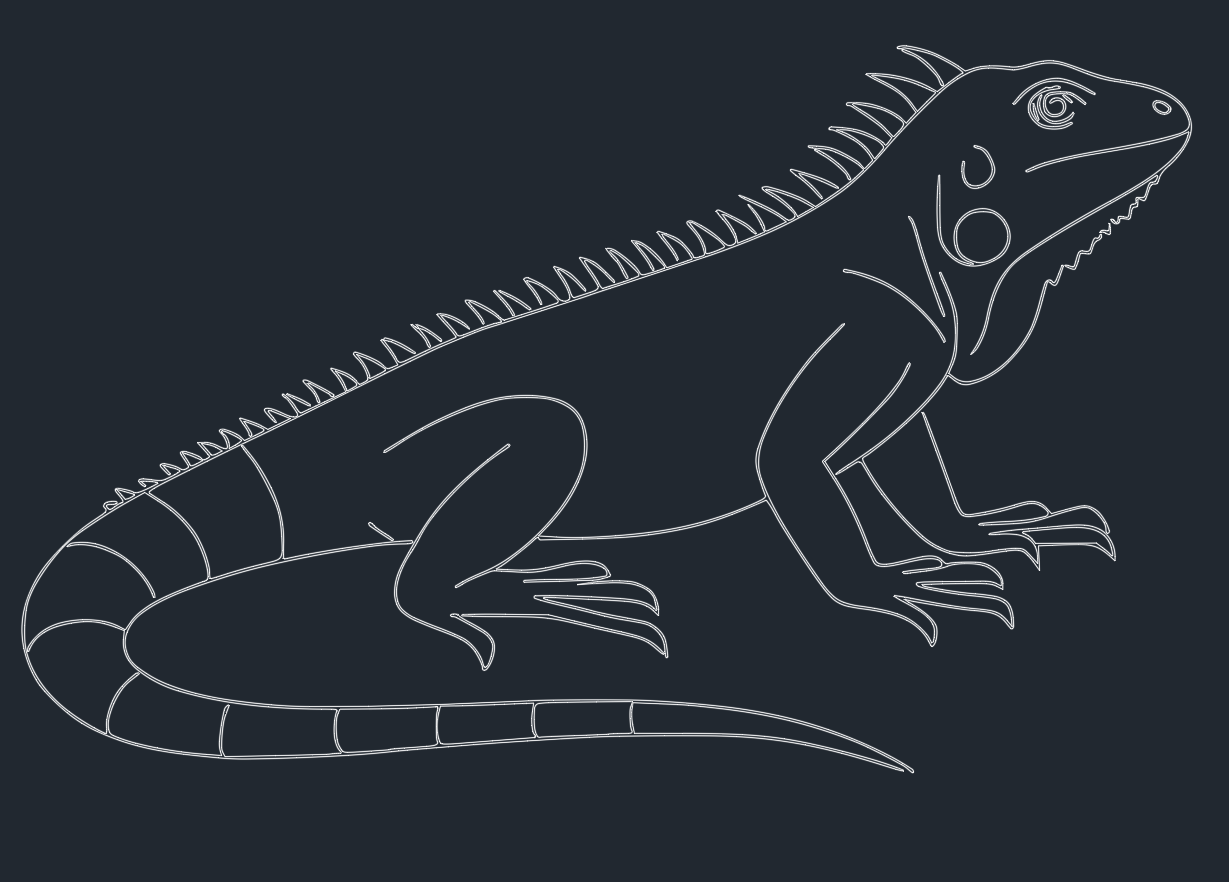

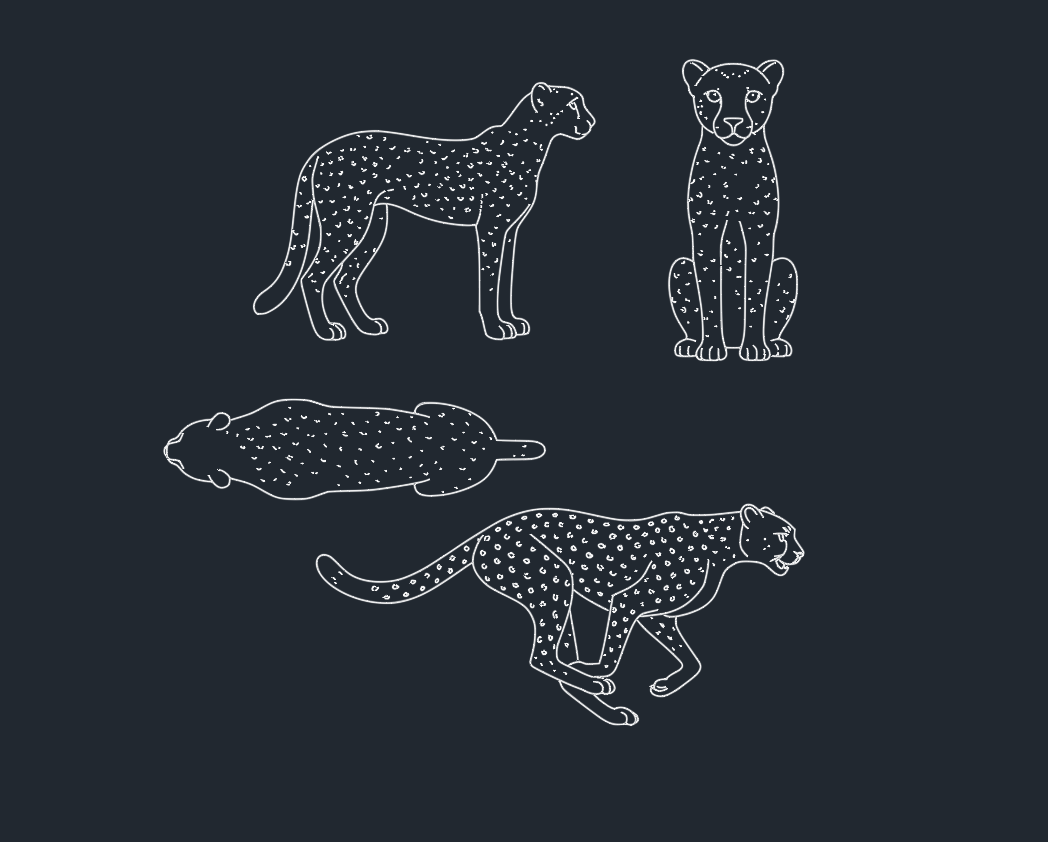
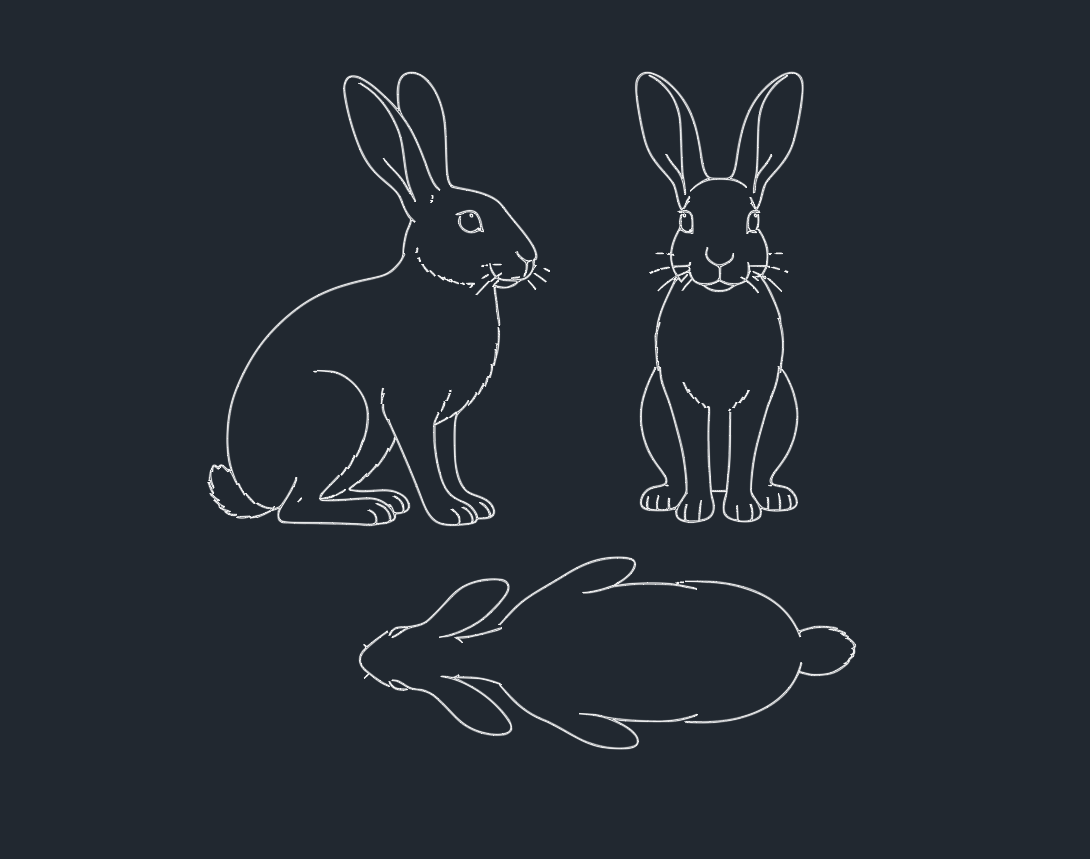
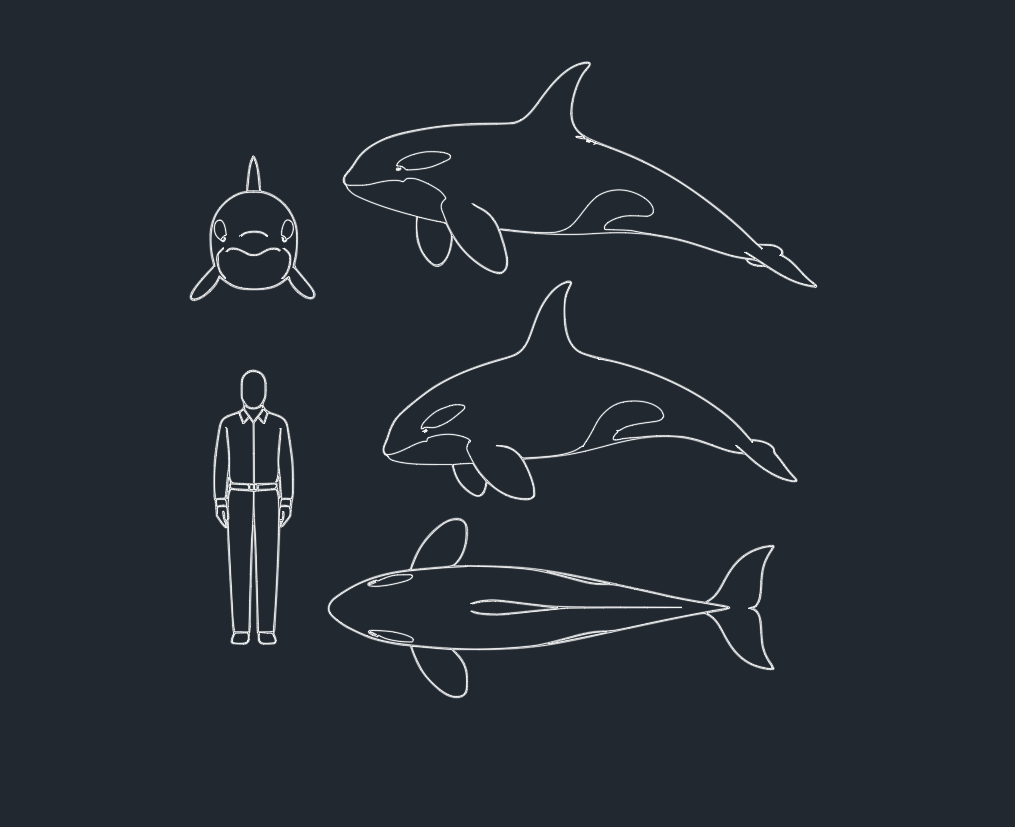
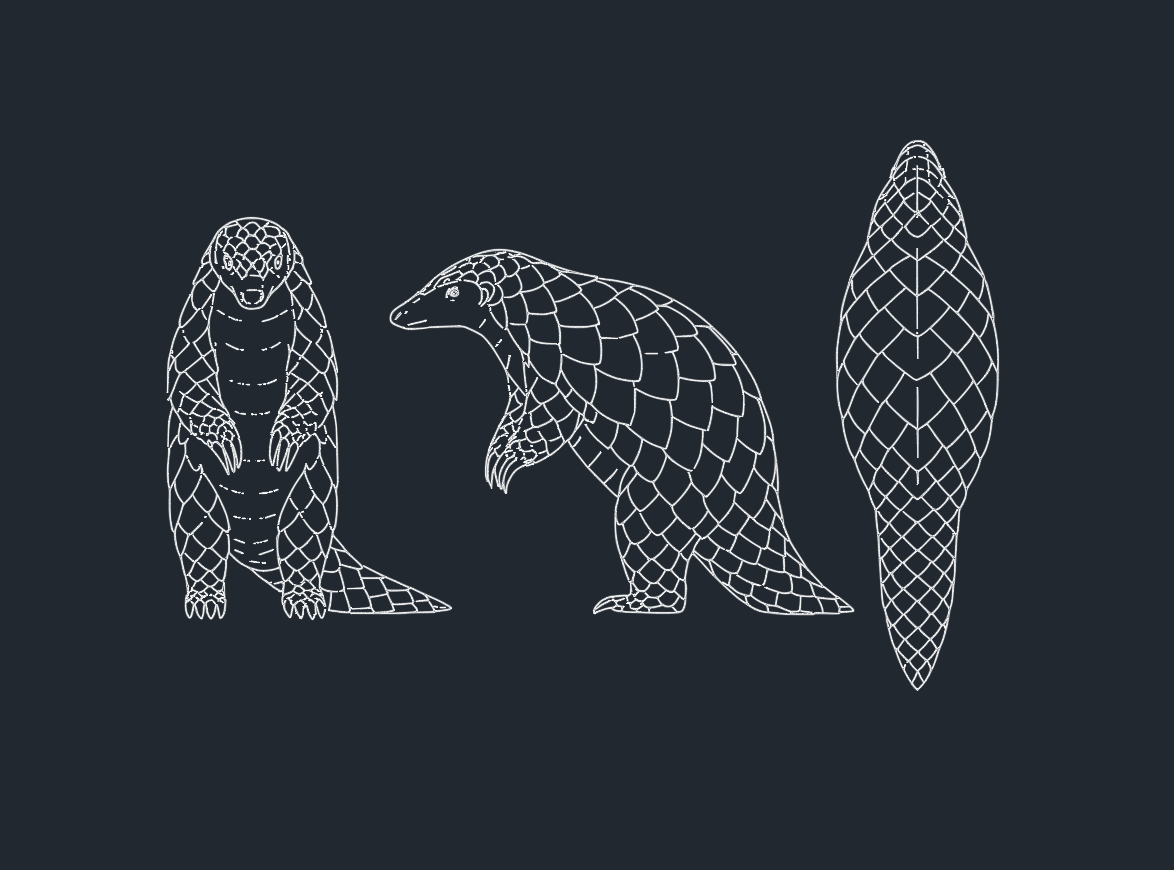
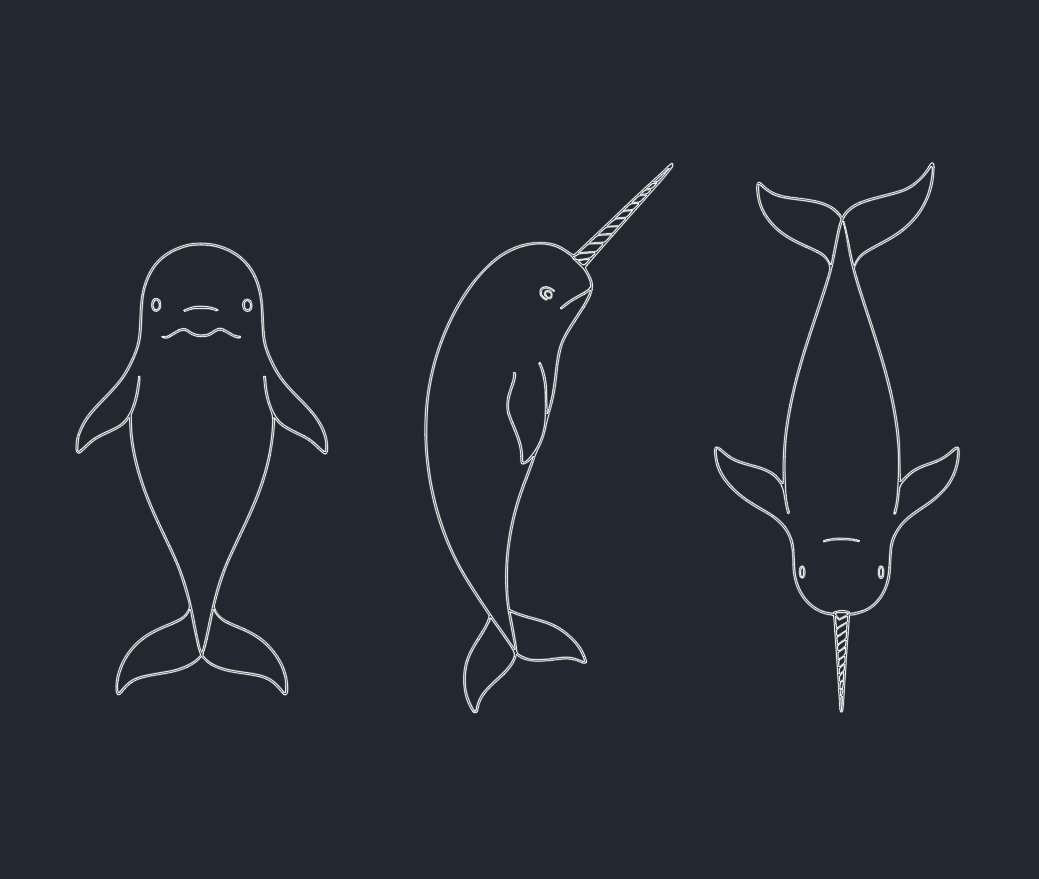
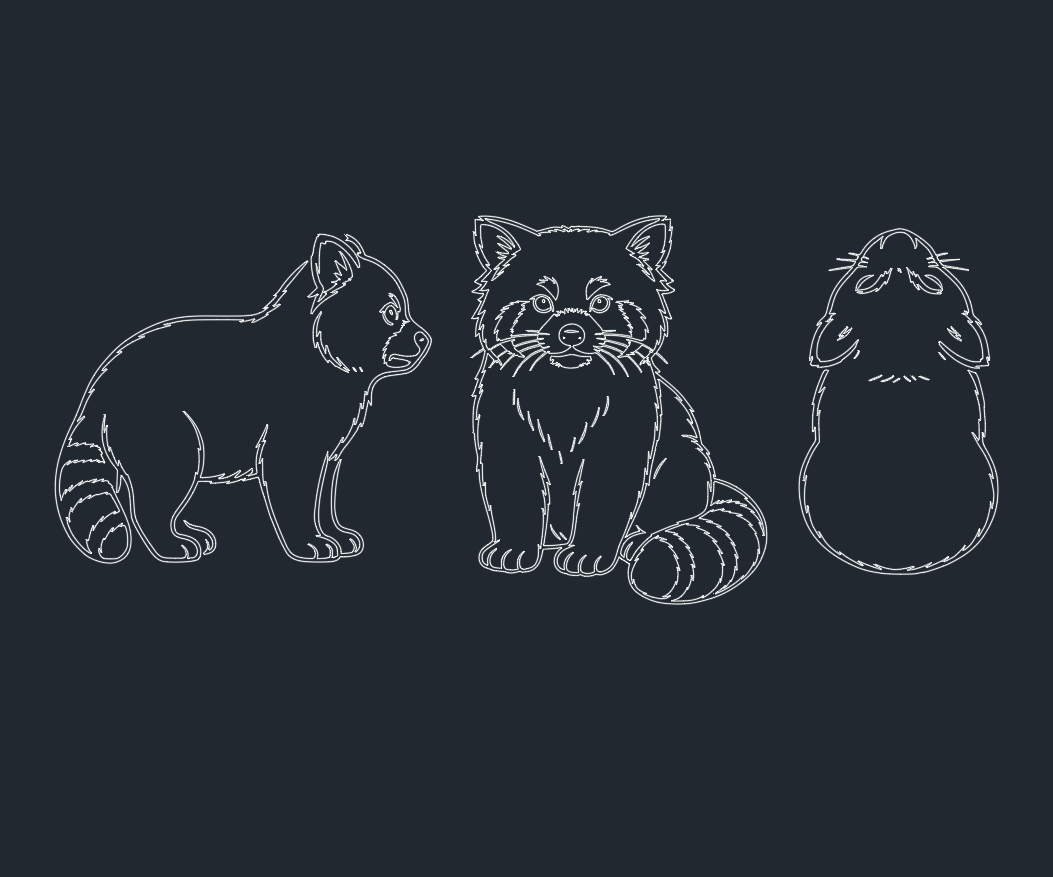

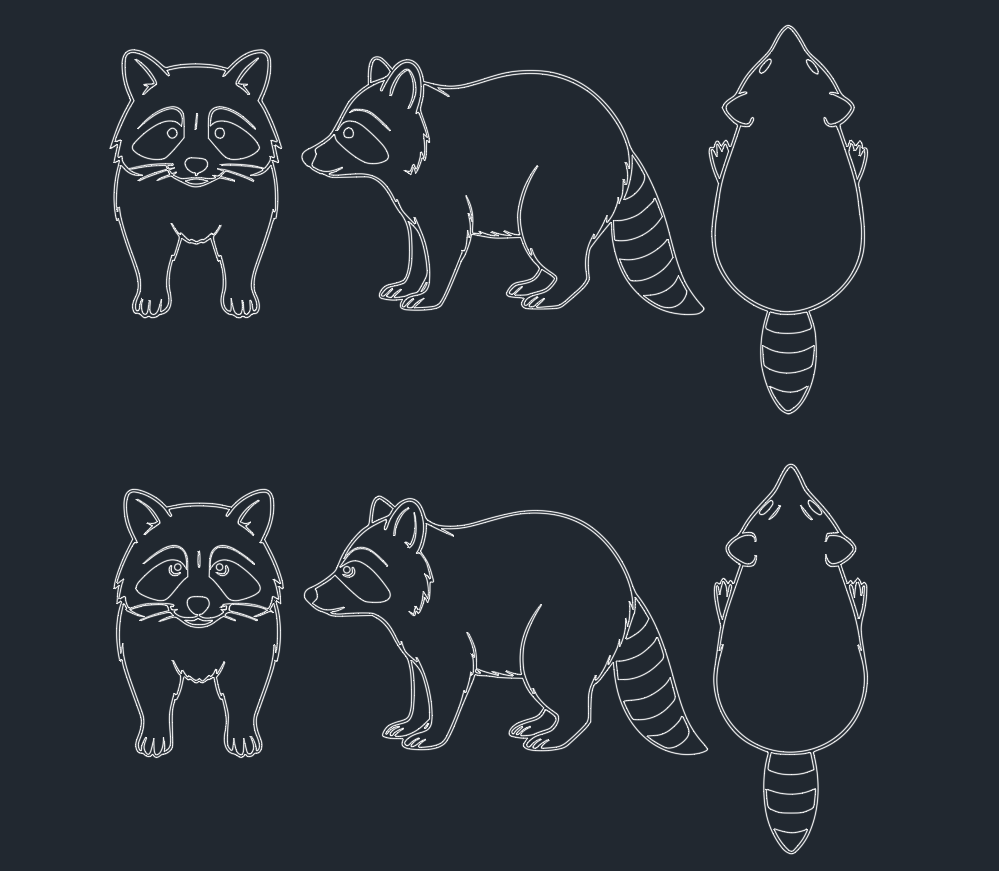
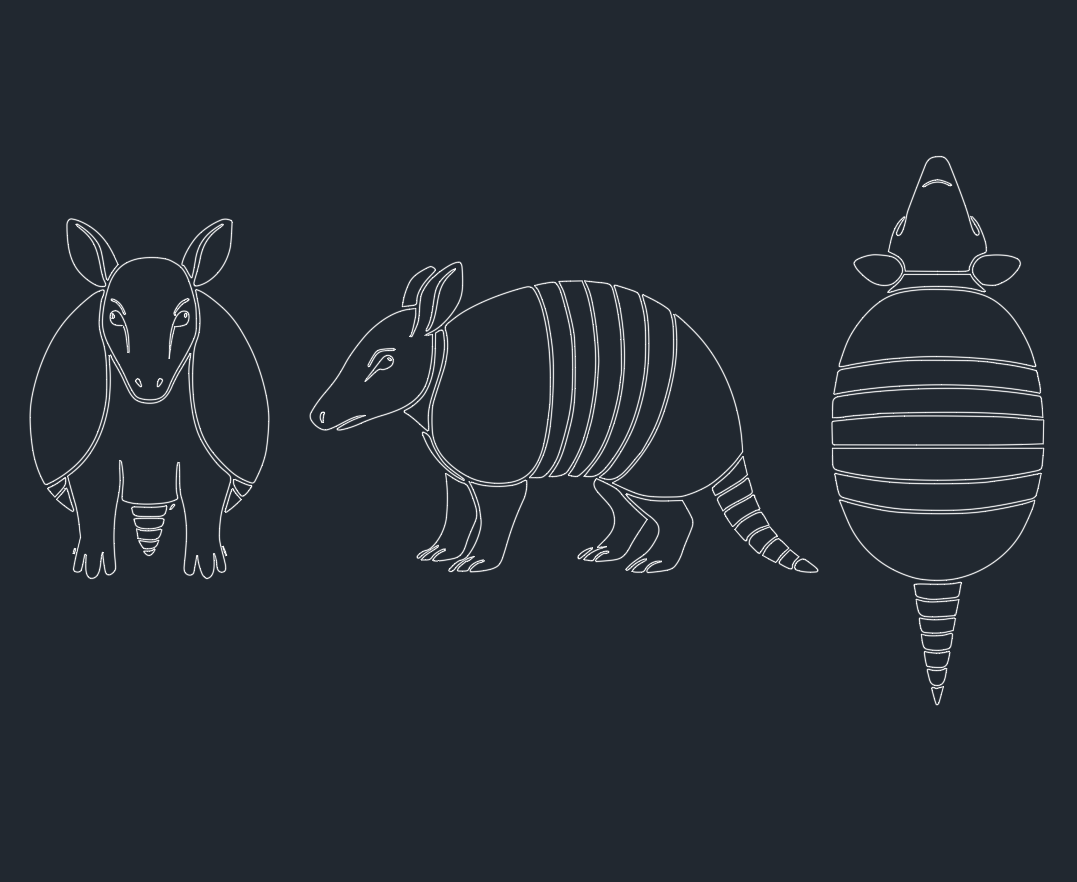
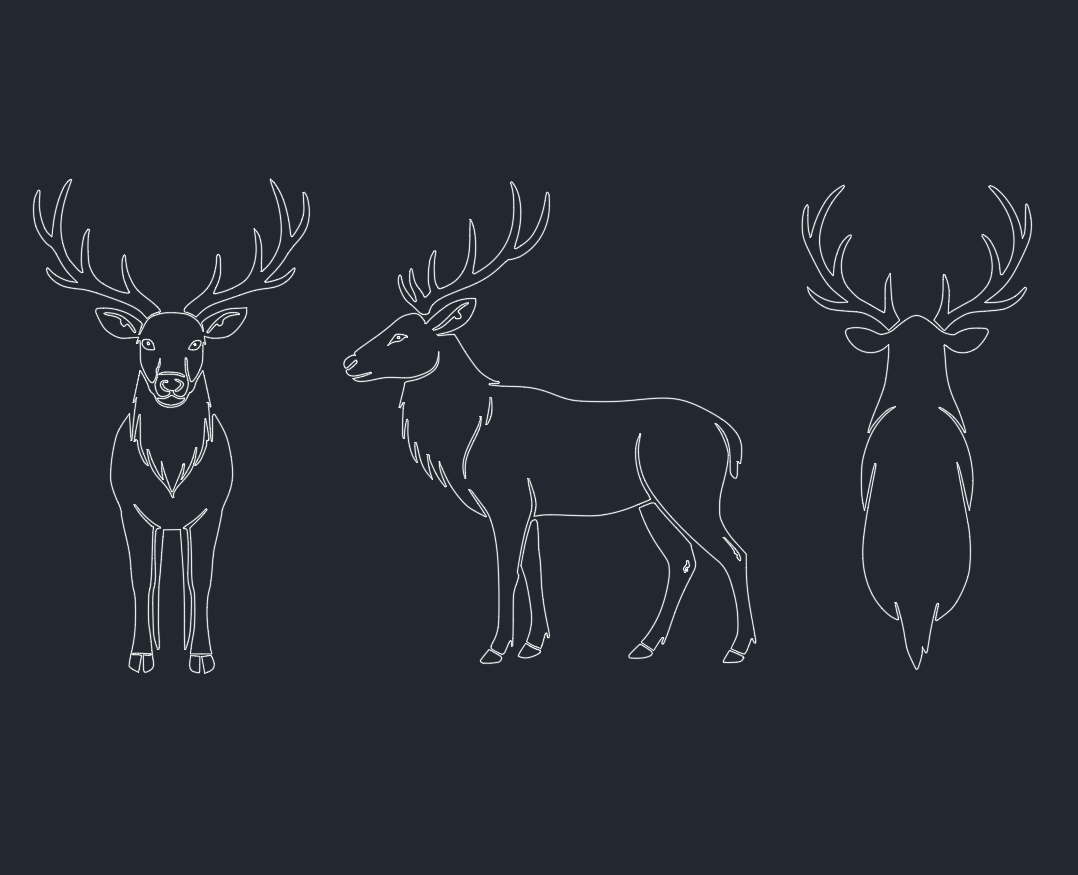
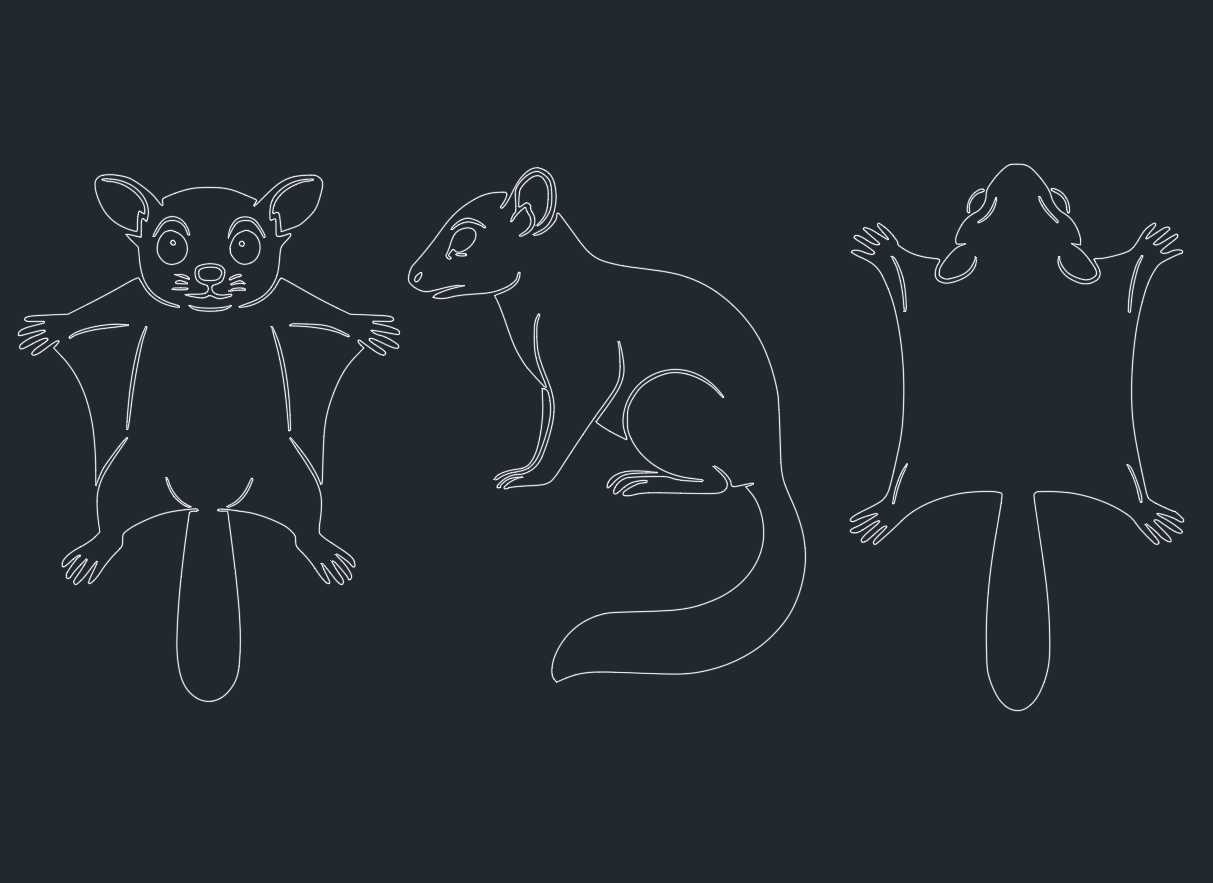
Leave a Reply
You must be logged in to post a comment.